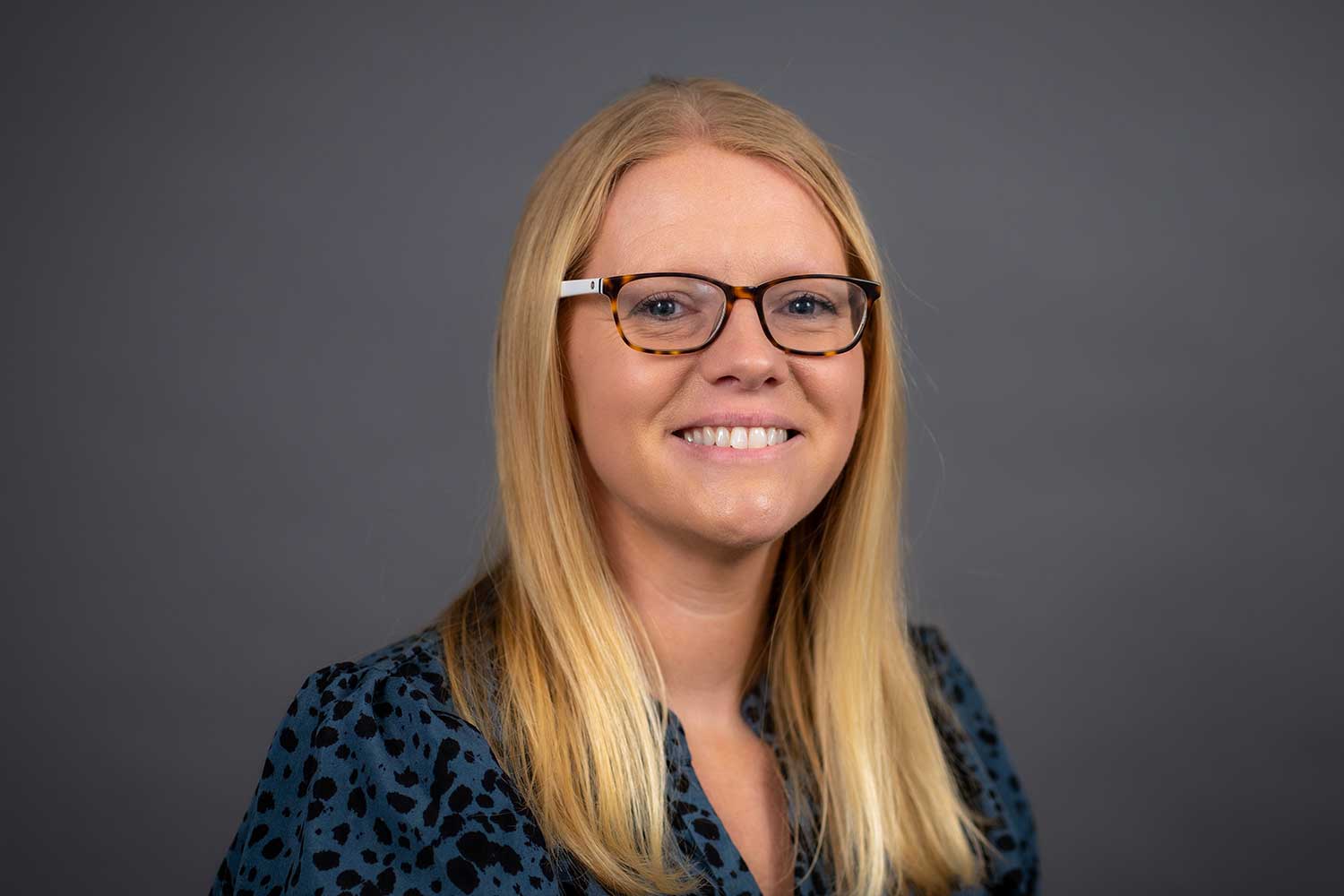Our fully funded PhD scholarships will cover tuition fees and provide a maintenance allowance of £19,237 (tbc) per annum for three years (subject to satisfactory academic performance). A Research Training Support Grant (RTSG) of £900 per annum is also available.
These scholarships, funded via the Department for the Economy (DfE) and the Vice Chancellor’s Research Scholarships (VCRS), are open to applicants worldwide, regardless of residency or domicile.
Applicants who already hold a doctoral degree or who have been registered on a programme of research leading to the award of a doctoral degree on a full-time basis for more than one year (or part-time equivalent) are NOT eligible to apply for an award.
Recommended reading
Britton, U., Ng, K., Behan, S., Goss, H., McFlynn, P., McClelland, J., Woods, C., Connolly, S., and Belton, S., 2024. Physical literacy in adolescents with disabilities in Ireland: a cross-sectional study examining effects of disability, age, gender and family affluence on physical literacy. European Journal of Public Health, 34(Supplement_2), p.ckae114.099. https://doi.org/10.1093/eurpub/ckae114.099
Cairney, J., Dudley, D., Kwan, M., Bulten, R., and Kriellaars, D., 2019. Physical literacy, physical activity and health: Toward an evidence-informed conceptual model. Sports Medicine, 49(3), pp.371–383. https://doi.org/10.1007/s40279-019-01063-3
CDC. (2024) Disability and Health Overview. USA. Available at: https://www.cdc.gov/ncbddd/disabilityandhealth/disability.html [Accessed 22nd of July 2024].
Olusanya, B.O., Kancherla, V., Shaheen, A., Ogbo, F.A. and Davis, A.C. (2022) Global and regional prevalence of disabilities among children and adolescents: analysis of findings from global health databases. Frontiers in Public Health, 10, 977453.
O'Donovan, G., Blazevich, A.J., Boreham, C., Cooper, A.R., Crank, H., Ekelund, U., and Stamatakis, E., 2010. The ABC of physical activity for health: A consensus statement from the British Association of Sport and Exercise Sciences. Journal of Sports Sciences, 28(6), pp.573–591. https://doi.org/10.1080/02640411003671212
Poitras, V.J., Gray, C.E., Borghese, M.M., Carson, V., Chaput, J.P., Janssen, I., Katzmarzyk, P.T., Pate, R.R., Connor Gorber, S., Kho, M.E., and Sampson, M., 2016. Systematic review of the relationships between objectively measured physical activity and health indicators in school-aged children and youth. Applied Physiology, Nutrition, and Metabolism, 41(6), pp.S197–S239. https://doi.org/10.1139/apnm-2015-0663
Pushkarenko, K., Causgrove Dunn, J., and Wohlers, B., 2021. Physical literacy and inclusion: A scoping review of the physical literacy literature inclusive of individuals experiencing disability. Prospects, 50(1-2), pp.107–126. https://doi.org/10.1007/s11125-020-09497-8
UNICEF (2021) Seen, Counted, Included: Using data to shed light on the well-being of children with disabilities. Available at: https://data.unicef.org/resources/children-with-disabilities-report-2021/ [Accessed 22nd of July 2024].
WHO (2024) Disability. Geneva: WHO Press. Available at: https://www.who.int/health-topics/disability#tab=tab_1 [Accessed 22nd of July 2024].















